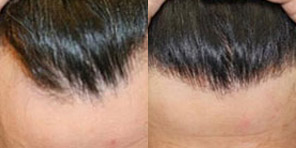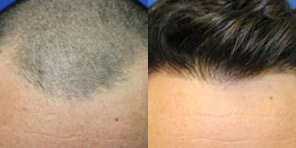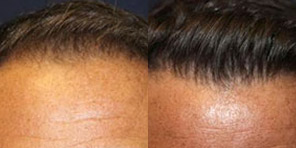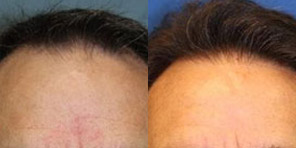The difference between a plastic surgeon and cosmetic surgeon can be summed up in one word: HUGE. Many people mistakenly think there is no difference. And how would the unsuspecting public know otherwise? Both types of doctors went to medical school and are licensed to practice medicine. Both often have beautiful websites and attractive offices whose walls are covered with diplomas and plaques. Both belong to professional societies. Both offer similar services with attentive staff and reasonable fees. Both are “board certified”. The truth is that it’s meant to be confusing for the public. Let me explain.
The differences between plastic surgeons and cosmetic surgeons begin after medical school. They include education, board certification, professional societies, and hospital privileges amongst others.
Contents
- 1 Plastic surgeons have the following credentials and training:
- 2 Cosmetic surgeons may have the following credentials and training:
- 3 Two terms to remember in your research for a qualified plastic surgeon are these: ACGME and ABMS.
- 4 If you are considering any cosmetic procedure or treatment then do your homework.
Plastic surgeons have the following credentials and training:
- complete at least 7 years of surgical training following medical school, 3 of which are in plastic surgery in an ACGME accredited residency training program
- pass a rigorous written and oral board examination administered by The American Board of Plastic Surgery to become a diplomate and board certified
- membership in the American Society of Plastic Surgeons, the largest plastic surgical society in the world, representing board certified plastic surgeons since 1931
- hospital privileges to perform all types of cosmetic and plastic surgery procedures
- adhere to a strict code of ethics
- perform surgery solely in an accredited state licensed surgical facility
Cosmetic surgeons may have the following credentials and training:
- no formal residency training in surgery required
- American Board of Cosmetic Surgery
Not an ABMS board
Illegal to advertise “board certification” according to state medical licensing boards
- American Academy of Cosmetic Surgery
Not recognized by the American College of Surgeons
Members include family doctors, psychiatrists, Ob/Gyn, internists, general surgeons, dentists
- No hospital privileges to perform cosmetic surgery of the entire body
- No requirements to perform surgery in a licensed, accredited surgical facility
- No ACGME accredited training programs in “cosmetic surgery”
Two terms to remember in your research for a qualified plastic surgeon are these: ACGME and ABMS.
What are they and why are they important? The take home points are the following:
- ACGME stands for Accreditation Council for Graduate Medical Education. It sets the standards for US residency and fellowship programs in all medical and surgical specialties. You must complete an ACGME program to be eligible for board certification.
- ABMS stands for the American Board of Medical Specialties and was founded in 1931. It oversees every medical and surgical specialty board in the US. The American Board of Plastic Surgery is the only ABMS board which certifies physicians in cosmetic and plastic surgery of the entire body.
If you are considering any cosmetic procedure or treatment then do your homework.
Use the checklist above as a patient safety guide when looking for a qualified physician to perform cosmetic surgery. When it comes to cosmetic plastic surgery, all men are not created equal. The term cosmetic surgeon and its associated bogus boards and questionable organizations are meant to confuse the public and lure unsuspecting patients into believing that all cosmetic surgeons are plastic surgeons. As you can see, nothing could be further from the truth. The public isn’t protected against unscrupulous physicians so make sure you are an educated an informed consumer. You deserve it.
Any doctor who has graduated from medical school can call himself a “cosmetic surgeon”. It is a self designated term, and is not a recognized surgical specialty by any reputable surgical society such as the American College of Surgeons. The American College of Surgeons was established in 1913 and represents every surgical specialty in the USA. Cosmetic surgeons include doctors who may have trained as family doctors, psychiatrists, Ob/Gyn, & general surgeons. There is no ACGME residency training program in “cosmetic surgery”. The Accreditation Council for Graduate Medical Education (ACGME) sets the standards for US residency and fellowship programs Many cosmetic surgeons obtain their training through weekend courses or working under other cosmetic surgeons in fellowship programs. These “fellowships” are not accredited by the ACGME. The American Board of Cosmetic Surgery is not a board recognized by the American Board of Medical Specialties (ABMS). The ABMS was founded in 1931 and oversees every medical and surgical specialty board in the USA. The only ABMS board that includes cosmetic surgery is the American Board of Plastic Surgery. Cosmetic surgeons cannot usually obtain hospital privileges to perform cosmetic procedures of the entire body since hospital credential committees do not recognize their training for hospital privileges.






